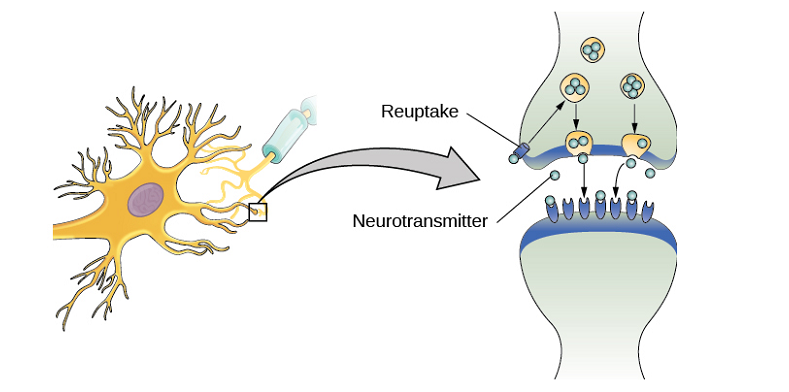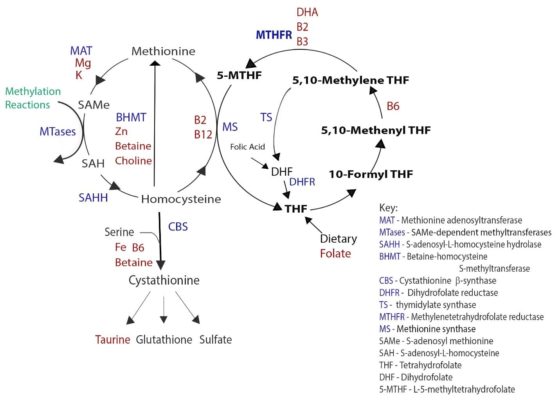Category: Overmethylation
Overmethylation is a biochemical pattern that leads to elevated activity of serotonin and dopamine. Per the Walsh Approach, this occurs when excessive methyl group activity influences histone DNA methylation, which in turn alters the expression of genes regulating neurotransmitter reuptake proteins. As a result, serotonin and dopamine remain more active in the synapse, contributing to a unique form of depression marked by anxiety, sleep disturbance, sensory sensitivity, and emotional volatility. These patients typically respond poorly to SSRIs and SNRIs, which further elevate serotonin and dopamine activity. Overmethylation is also associated with epigenetic changes affecting stress reactivity and immune balance. Lab findings often show low whole blood histamine (a reliable screening marker for overmethylation), low folate, high homocysteine, and occasionally macrocytosis on RBC indices. Treatment aims to reduce methylation activity through folic acid and niacin, along with balanced nutrient support to restore neurotransmitter regulation and improve emotional stability without overstimulation.
Selecting the Best Antidepressant: How Methylation Status Can Guide Your Depression Treatment
Improve your treatment outcome by choosing the best antidepressant based on methylation status. If you’ve [...]
The Crucial Role of Methylation, Folate and Niacin in Depression Treatment – Summarized
High Intensity Health Interviews Dr William Walsh PhD 2018 Methylation, Folate, and Niacin in Mental [...]
Depression and the Methylation Pathway
Methylation and Depression What is Methylation? Methylation is not one specific reaction that occurs in [...]



